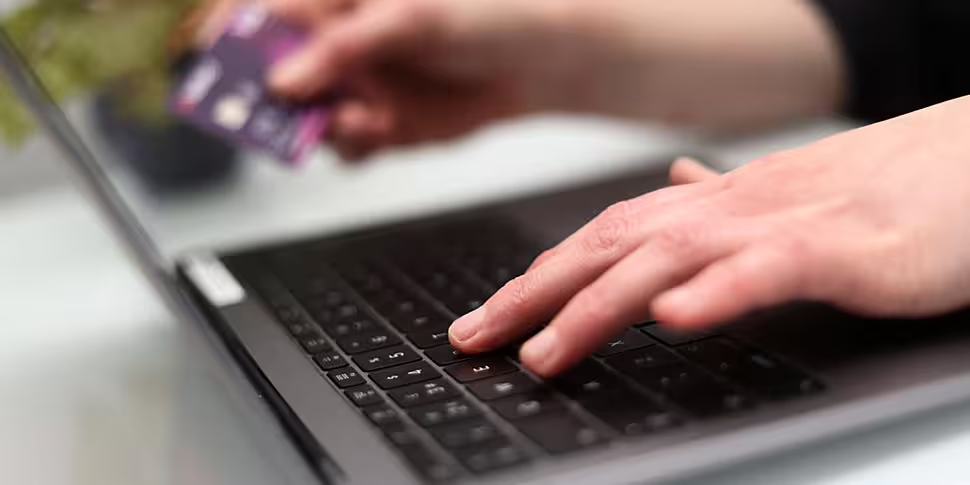People are being urged to beware of scams during the COVID-19 crisis, as scammers come up with 'creative new ways of relieving of you of your money'.
Consumer expert and The Home Show presenter Sinead Ryan spoke to The Hard Shoulder to discuss the sorts of COVID-related scams that are causing issues for Irish consumers.
One of the scams that has emerged recently revolves around the pandemic welfare payment.
With hundreds of thousands of people currently claiming the legitimate payment, the scam sees people getting a text informing them they're due a payment or that there's an issue.
The fraudsters send a link, asking for card details, account details or PPS number.
Sinead said: "The Department of Social Protection do not correspond with people in this way, and certainly not by sending them links to click through.
"But you could see how some people who'd applied for the payment would think 'gosh, what went wrong with my payment'. That's one to avoid."
She encouraged people with any questions about their welfare payment to go directly to the Department's MyWelfare site.
Other schemes have seen scammers fraudulently use celebrities' names - including Daniel O'Donnell's - to solicit donations for fake charitable causes.
Meanwhile, 'brushing' scams involve deliveries being sent to people's homes, claiming to be from sites such as Amazon.
Sinead explained: "You open it up, and they're usually little small electrical items - hair straighteners, smoke alarms or something like that... but you didn't order it. Then you get another one.
"The scam is that companies who want to increase their ratings on Amazon... can only do that if they ship the product as a completed transaction to somebody.
"They're shipping it to you [for free], and then they create fake reviews based on your account.
"It's your data that has been compromised - your account. Has it been hacked? Can they now access your account?"
Sinead stressed gardaí should be the first point of contact for anybody who becomes aware of or falls victim to any scams.
However, her general advice to all consumers is: "Do your research. If something looks to good to be true... it most likely is.
"Keep your money in your pocket - don't be handing over your card data to anybody unless you have actively gone in, checked it out, know it's a reputable store... and even then, check it again.
"The likes of Revenue, all the banks - they may occasionally send you a message... but they never ever say give us your details, your pin number, your bank account numbers."









